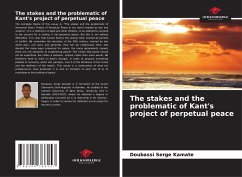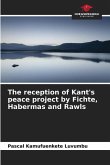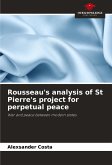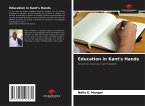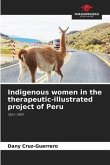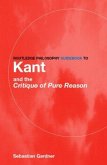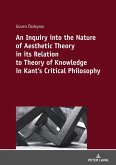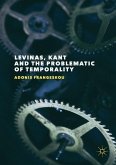The complete theme of this essay is: "The stakes and the problematic of Immanuel Kant's Project of Perpetual Peace in our world invaded by war and violence". It is a reflection on Kant and other thinkers, in an attempt to respond to the concern for a lasting, if not perpetual peace. But this is not without difficulties. It is clear that human history has always been marked by periods of conflict. We remember the atrocities of the 20th century, marked by two world wars, civil wars and genocide. How can we understand, then, that despite the many ways proposed for peace, the many agreements signed, there are still obstacles to establishing peace? This shows that peace should not be superficial, but rather a behavior, actions rather than mere words. We therefore want to draw on Kant's thought, in order to propose something potable to humanity, which will, perhaps, cure it of the blindness of the minds and the deafness of the hearts. This essay is a continuation of what our predecessors have proposed; it is also an invitation to each one of us to contribute to the building of peace.
Bitte wählen Sie Ihr Anliegen aus.
Rechnungen
Retourenschein anfordern
Bestellstatus
Storno

